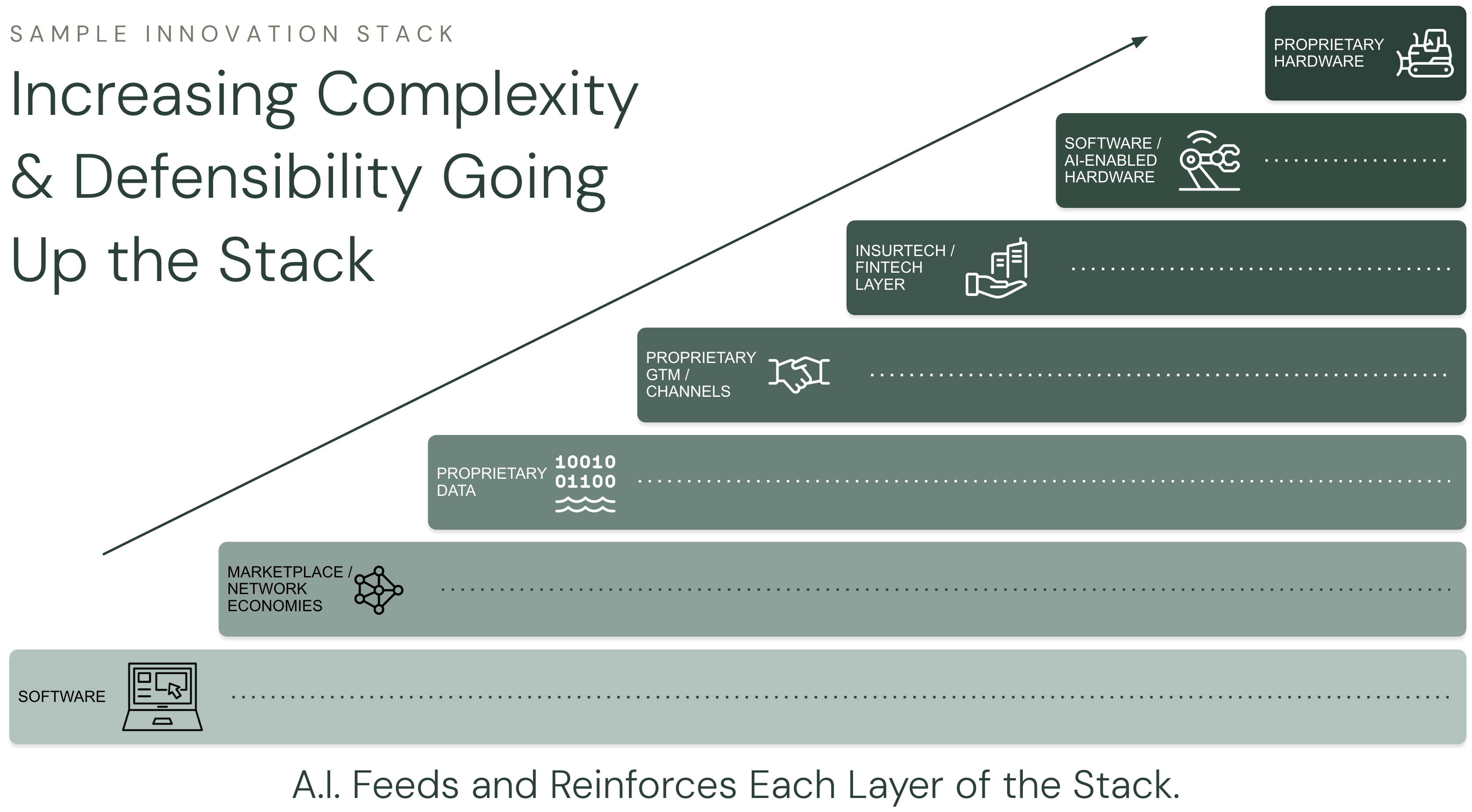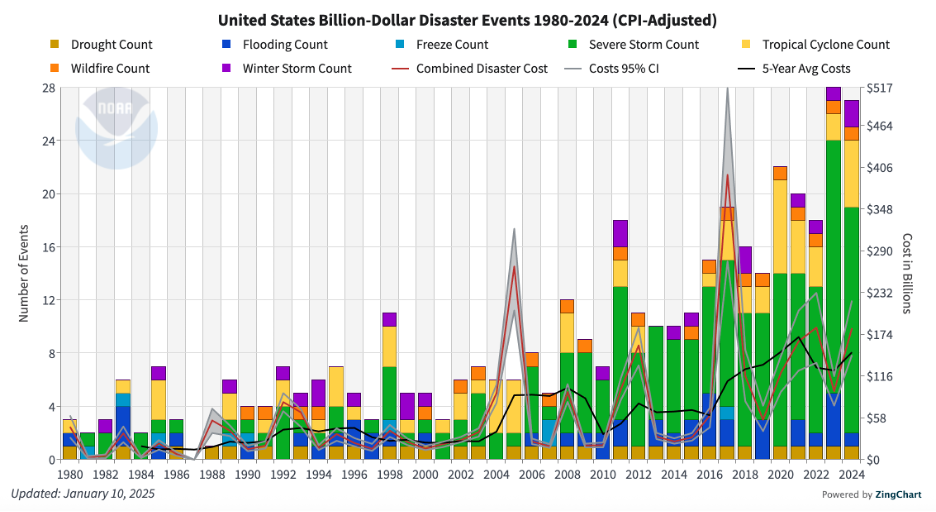Lessons From The Greats: Charlie Munger
By
Virta Ventures
ON
December 1, 2023

We were going to start this series with a venture investor, but, given Charlie Munger’s recent passing, we decided to pivot and honor his legacy with some of the best pearls of Munger’s wit and wisdom.
Being a Lifelong Learner - “There is no better teacher than history in determining the future... There are answers worth billions of dollars in a $30 history book.” Continuous learning is easier than it ever has been with books, podcasts, peer communities, and the endless bounties of the internet. For early stage venture investing, combining a reverence for history while staying on top of the latest technologies is critical.
Reputation is Everything - "Remember that reputation and integrity are your most valuable assets—and can be lost in a heartbeat." In venture, reputation with founders, co-investors, and LPs is everything.
Circle of Competence - "We have three baskets for investing: yes, no, and too tough to understand….Knowing what you don’t know is more useful than being brilliant." VCs have a serious fear of missing out and are often quick to jump on the latest trends, whether it be Web3 or Generative AI. For sustained long-term investing success, it is critical to stay within one’s circle of competence and strategically expand that circle when necessary.
The Power of Compounding - "The big money is not in the buying and selling, but in the waiting." Early stage venture investments typically remain illiquid for a long time and until they increase in value, hopefully substantially. This dynamic reduces many of the pitfalls inherent in more liquid asset classes such as public equities. As early stage portfolios mature and selling opportunities arise, difficult choices creep in - do you sell and take chips off the table or keep the compounding machine going?
The Significance of Opportunity Cost - We evaluate thousands of companies to invest in a few dozen - opportunity cost is very real. One way we are trying to ensure that we pick the best is by increasing our conviction with every new investment and asking ourselves, “Is this investment better than our last one?”.
The Power of Incentives - "Never, ever, think about something else when you should be thinking about the power of incentives." We think a lot about incentives for both founders and co-investors. We are looking for founders driven by their mission not just the money while also ensuring that founders’ financial incentives are closely aligned with our own. With co-investors, we try to understand where our incentives merge and diverge. For example, a venture studio with 30%+ of a business and little capital invested will be thrilled with exit scenarios that may not move the needle for other investors - the incentives aren’t aligned.
Avoid Disastrous Mistakes - "All I want to know is where I’m going to die, so I’ll never go there." Charlie’s famous quip on avoiding disastrous mistakes. For early stage venture investing, the worst mistakes we can make are errors of omissions - passing on companies that go on to be great. By tracking the companies we pass on, we hope to learn from our mistakes and minimize them.
Adapting to Change - In addition to continuous learning, we are constantly on the lookout for fundamental platform shifts (such as the recent advances in AI), macro environment shifts impacting valuation and follow-on investment, and more.
Discipline and Consistency in Investing - We iterate and build on our investment process and criteria while adhering to a core set of tenets, allowing us to maintain consistency while adapting to change and incorporating our learnings.
Latticework of Mental Models - Munger was famous for building and using a diverse set of models from various disciplines to make better decisions. This list is a subset of Charlie’s many mental models, and Farnam Street’s blog is a great resource for more.
BONUS: Where We Diverge - There are a few areas where early stage venture capital naturally diverges from Munger’s approach, here are two…
- "I try to buy stock in businesses that are so wonderful that an idiot can run them. Because sooner or later, one will." Early stage investors invest in outstanding founders with great ideas that they hope to build into those wonderful businesses. Once businesses get to the point where an “idiot can run them” us venture investors are probably long gone.
- “A lot of people think that if they have a hundred stocks they're investing more professionally than they are if they have four or five. I regard this as insanity.” Early stage investors tend toward more diversification given the riskiness of the asset class and the dominance of power laws - majority of returns coming from few companies. We look to strike a balance - we want to invest in enough companies to ensure that we pick a few big winners while also capturing enough ownership to make those big outcomes meaningful to our portfolio.
Fortunately, Munger has left so much of his wisdom to us in books, interviews, and more, and we are excited to continue to learn from him for decades to come. Rest in Peace, Charlie.
insights
We regularly publish thought pieces where we share lessons from renowned investors and delve into strategies for investing in the transformation of vital physical industries.







